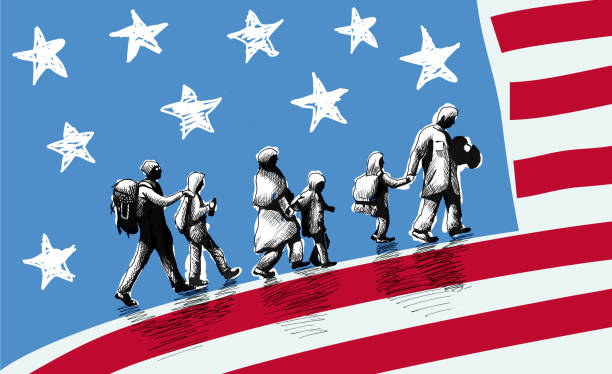
According to the Population Reference Bureau, African cross-border migration is not well recorded or often talked about (PRB, 2013). However, looking at the image I shared, there seems to be a lot to discuss particularly in regard to how economics influences/impacts the patterns of internal African migration. For instance, the image shows how Southern Africa is experiencing shifts in population due to people leaving in search of more opportunity in richer countries while also receiving an influx of less wealthy migrants in search of jobs. Specifically, people who are leaving know that they must find jobs beyond that of an agricultural position if they want to be paid more and are aware that cities away from the rural south tend to have more schooling opportunities for children (Adepoju, 2008). In terms of the people heading South, many of them, regardless of how low the pay may be, know that jobs in rural areas are more available as agriculture requires many laborers (Adepoju, 2008).
Interestingly, the largest internal migrant flows within their own respective regions were found in Central, West, and East Africa. Most people within those areas are moving around but not venturing outside to other countries or regions of Africa. East Africa seemed to have the most migrants staying within the region and according to Gandhi (2018), this could be related to East Africa having “several smaller economic corridors with migrants moving around the East African Community (EAC) countries, largely due to relaxed labor laws for migrants from EAC countries.”
Looking at this image, I think it highlights the push and pull factors of both demographic and economic inequalities that contribute to the various movements within Africa, but also hints at how something such as rapid flow of information allows people to know what areas may or may not provide what they need (PRB, 2013) Additionally, it is important to keep in mind what we have learned about the role of “choice” in these movements and consider how mobility is being defined within in these migration patterns (Kumar & Moledina, 2017.)
Gandhi, D. (2018) Figures of the week: Internal migration in Africa. Retrieved March 31, 2022, from Brookings website: https://www.brookings.edu/blog/africa-in-focus/2018/06/07/figures-of-the-week-internal-migration-in-africa/
